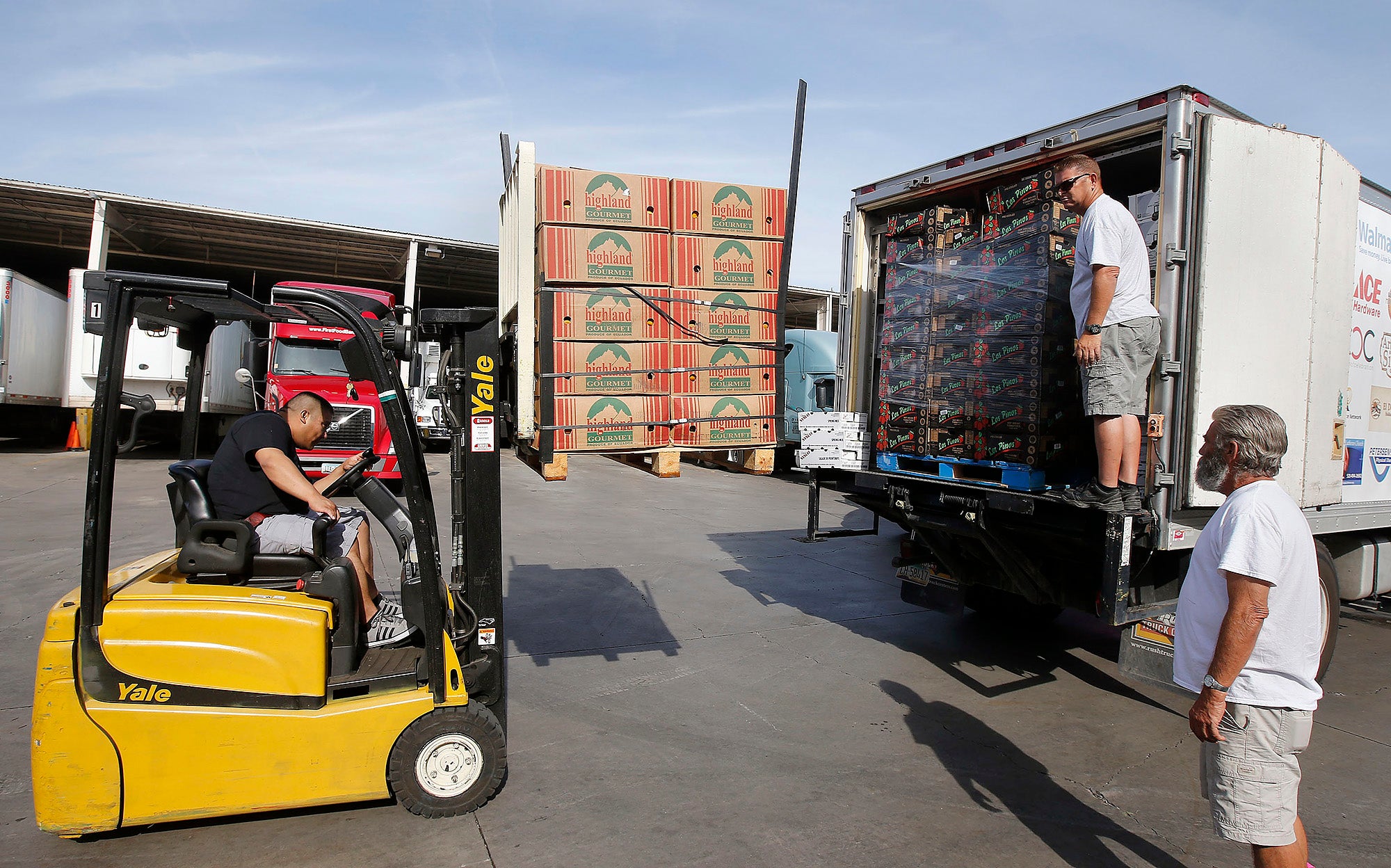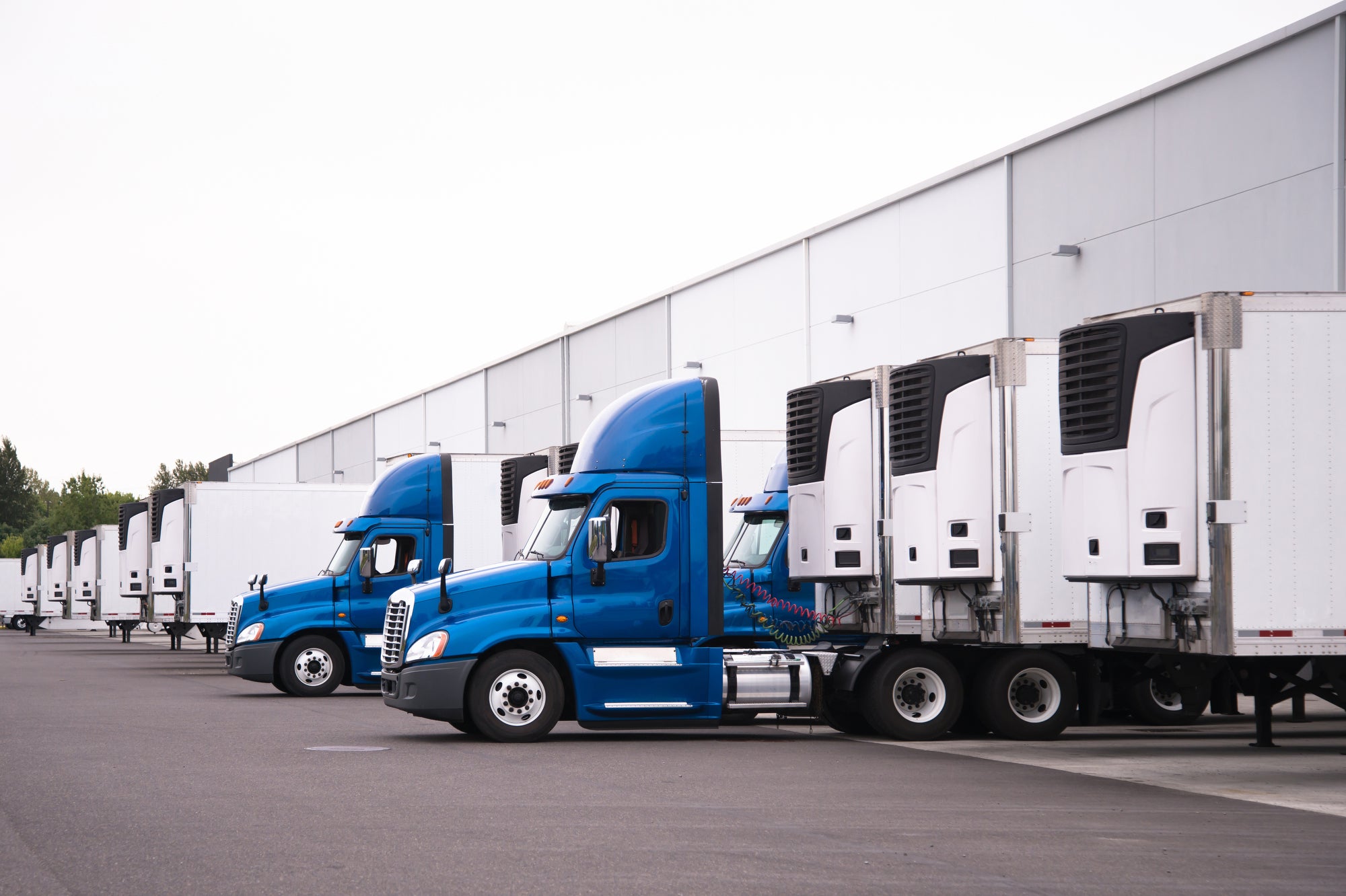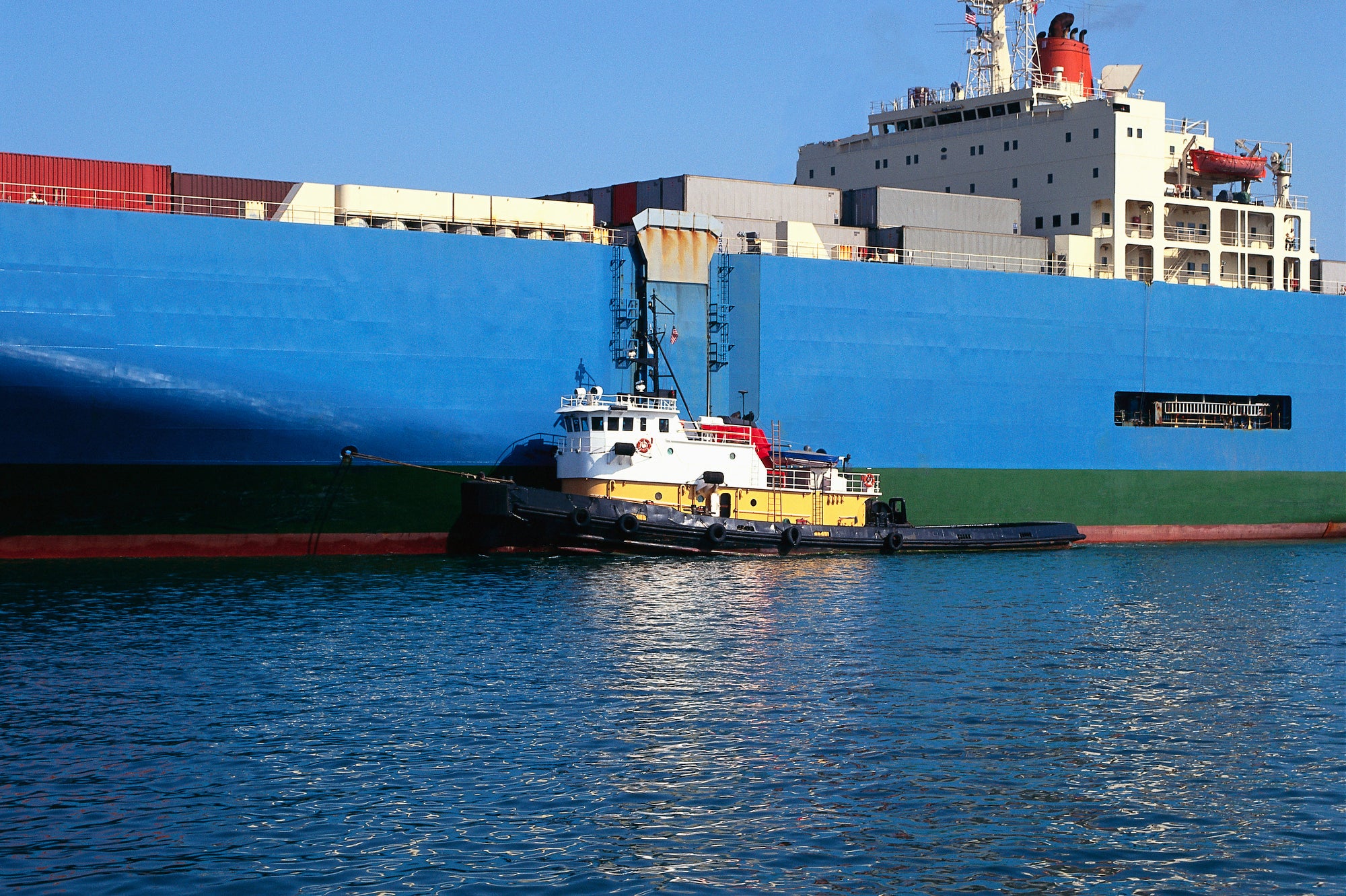Another Day, Another Cynical Attempt by the Oil and Gas Industry to Drag Us Back to Dirtier Days
We’re stepping in to defend a trio of life-saving rules from a flurry of opportunistic lawsuits
In just three months, the Trump administration has tried to take a wrecking ball to energy and clean air policies. In his first 100 days in office, Trump has weakened fuel efficiency standards, opened public lands for drilling, withdrawn from the Paris Climate Agreement, and neutered the Environmental Protection Agency. That’s just scratching the surface.
As oil and gas companies survey this destruction with glee, the industry and their lawyers sense opportunity and are now throwing spaghetti at the wall to see just how far they can push things. Their latest Hail Mary? Attempting to roll back life-saving clean air policies in California that were finalized years ago. If the industry succeeds, millions of Californians will suffer the consequences while oil and gas executives get richer. That’s why we’ve stepped in to defend these life-saving protections in court.
Here’s what’s at stake:
The oil and gas industry is trying to keep dirty refrigerated trucks on our roads.
Cleaning up pollution from the refrigerated trucks, shipping containers, and railcars that deliver our ice cream and fish sticks is critical for making our air safe to breathe. Refrigeration units, while little known and small in stature, are major diesel-guzzlers that poison us while traveling on our roads and idling at refrigerated warehouses.

A forklift operator transfers a pallet of food onto a refrigerated truck. (AP Photo/Ross D. Franklin)
In California, 200,000 refrigeration units spew diesel into our neighborhoods while frozen goods are unloaded onto our grocery store shelves. In warehouse-dense neighborhoods, it is not uncommon for community members to live within one mile of seven refrigerated warehouses, a railyard, and multiple highly-trafficked highways.
To curb these harms, in 2022 the California Air Resources Board (CARB) adopted a regulation requiring owners of refrigerated units to clean up their polluting equipment. This would have major health benefits for people across the state. CARB estimated that requiring companies to make this shift will reduce cancer risk for residents near refrigerated warehouses by up to 72%, prevent 177 early deaths over the next 10 years, save the state $1.75 billion in healthcare costs, and slash 1,258 tons of toxic particulate matter from our air.
Last month, American Fuel & Petrochemical Manufacturers filed a lawsuit to eliminate this life-saving standard. If successful, this would mean burdening thousands of California residents with higher risks for cancers and heart and lung problems. That’s why our team is stepping in to defend the rule in court.

Semi trucks with refrigerated trailers (vitpho / Getty Images)
The oil and gas industry wants portside communities to keep choking on polluted air.
Across California, communities living near ports are forced to live with some of the dirtiest air in the country. In West Oakland for example, a community that is squeezed next to the Port of Oakland, the average lifespan of a resident is 6.6 years shorter than someone living in nearby Alameda. To make a dent in this pollution, CARB revamped the At-Berth rule. While it sounds wonky, it is actually pretty simple. Ships are now required to power their engines with shoreside electrical power instead of burning dirty diesel fuel when they’re docked at ports, or use capture and control technologies to reduce deadly pollution.
If the oil industry succeeds in their outrageous attempt to eliminate the policy, there will be grave consequences. The revised At-Berth rule is helping to cut cancer risk in half for over two million people living near the Ports of Los Angeles, Long Beach, and Richmond and will provide $2.31 billion in public health savings while eliminating 17,500 tons of nitrogen oxide emissions.
The Environmental Protection Agency approved this policy back in October 2023, and the industry had 60 days to challenge this and chose not to… until well past the deadline in March 2025, when the Western States Petroleum Association filed a lawsuit challenging the authorization more than a year past the December 2023 deadline. We’ve filed a motion to intervene in this lawsuit to make sure this protective regulation stays in place for Californians.

A tugboat and cargo ship at the Port of Los Angeles. (Kevin Burke / Getty Images)
In another effort to tackle the state’s port pollution crisis, back in 2022, CARB required boats, including tugboats and commercial fishing boats, to gradually move toward cleaner engines, and set the first zero-emission standards for new ferries and excursion vessels. At the ports of Los Angeles and Long Beach, pollution from these small vessels are among the area’s top three largest contributors of near-source cancer risk.
The Commercial Harbor Craft regulation will prevent 531 early deaths all while reducing emergency room visits and hospitalizations for asthma. Plus, the regulation is exceedingly reasonable, giving companies ample time to upgrade their engines, even while zero-emissions boats are available and being deployed in other parts of the world like Denmark and China. But the oil industry is trying to block the regulation, slowing down California’s progress to clean up its polluted air. We know our future is electric and that communities can’t wait for relief, so we’re fighting to protect this life-saving regulation.
The bottom line is oil companies want to stick us with the bill for all the prescription costs and the emergency room visits that come with dangerous air pollution. Their effort to kill these California policies would cause nearly a thousand early deaths. Instead of doing their part to ease these health burdens, the oil and gas industry is willing to flood money and resources to wage a pro-pollution legal campaign just to pad their profits. Californians deserve better.
The California Regional Office fights for the rights of all to a healthy environment regardless of where in the state they live; we fight to protect the magnificent natural spaces and wildlife found in California; and we fight to transition California to a zero-emissions future where cars, trucks, buildings, and power plants run on clean energy, not fossil fuels.
Zoe Woodcraft
Public Affairs and Communications Officer, Earthjustice
zwoodcraft@earthjustice.org